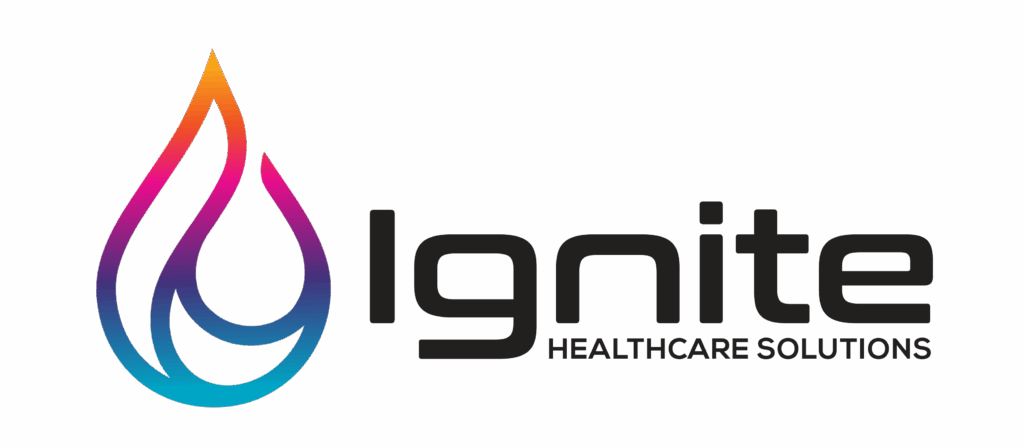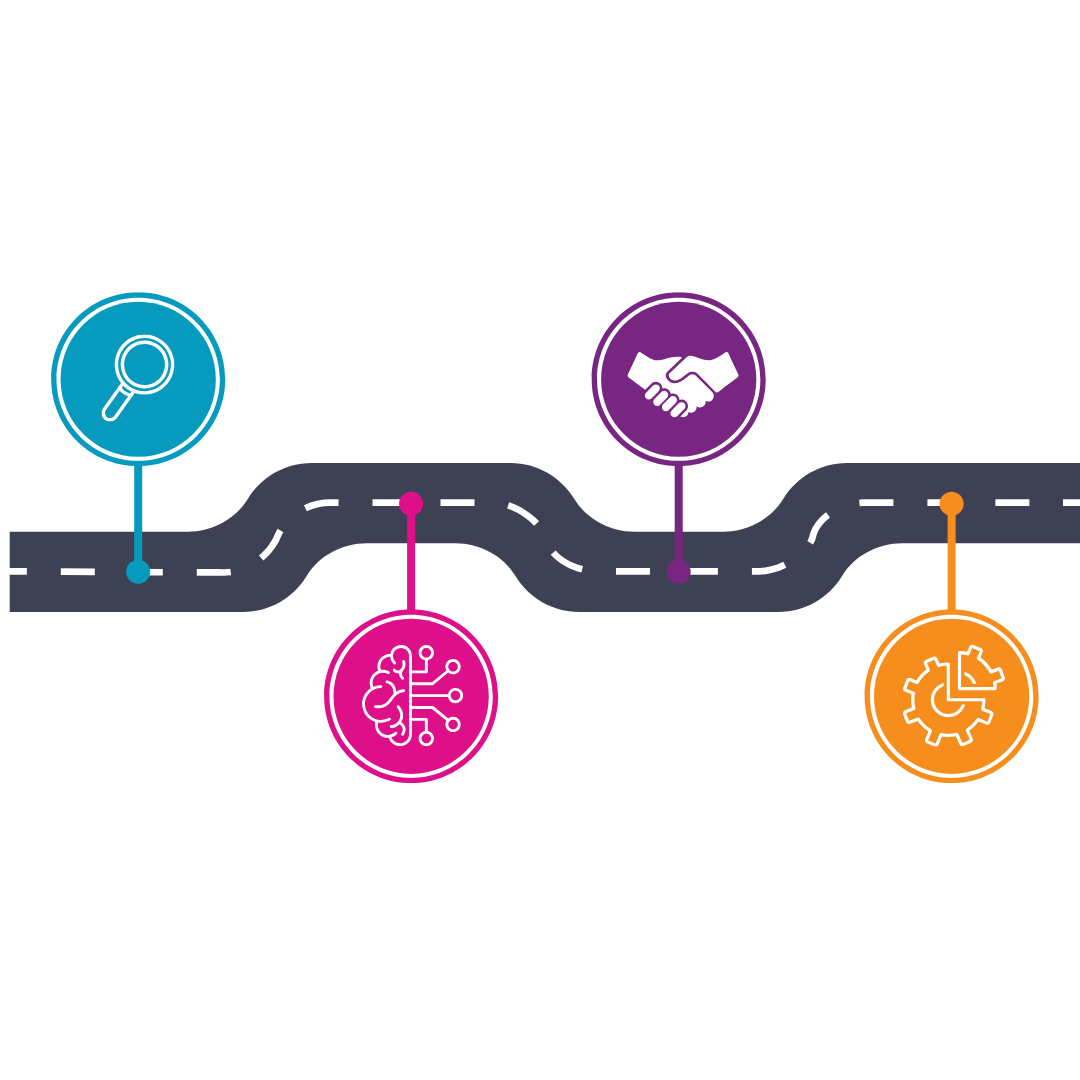In the ever-evolving landscape of healthcare, Electronic Medical Record (EMR) systems have become the backbone of modern medical practices. Among the myriad of EMR solutions available, athenahealth stands out as a comprehensive platform known for its user-friendly interface and robust features. However, like any EMR implementation, transitioning to athenahealth comes with its set of challenges. In this blog, we’ll explore some common hurdles encountered during athenahealth EMR implementation and propose effective solutions to ensure a smooth transition.
Challenge 1: Data Migration Complexity
Migrating data from legacy systems to athenahealth can be a daunting task. Data inconsistency, incompatible formats, and incomplete records are common issues that can impede the migration process.
- Solution: Prioritize Data Cleanup and Mapping
Before migration, conduct a thorough data cleanup process to eliminate duplicates, correct errors, and ensure data consistency. Develop a comprehensive mapping strategy to match data fields from the legacy system to corresponding fields in athenahealth. Utilize data migration tools provided by athenahealth or third-party vendors to streamline the process and minimize manual errors.
Challenge 2: Workflow Disruptions
Implementing a new EMR system can disrupt established workflows, leading to productivity losses and staff frustration. Resistance to change among staff members can further exacerbate the situation.
- Solution: Invest in Comprehensive Training and Change Management
Provide extensive training sessions for all staff members to familiarize them with the features and functionalities of athenahealth. Tailor training programs to different user roles and workflows, emphasizing hands-on practice and real-life scenarios. Implement a robust change management strategy that includes clear communication, stakeholder involvement, and ongoing support to address concerns and facilitate a smooth transition.
Challenge 3: Integration Complexity
Integrating athenahealth with existing systems such as practice management software, billing systems, and third-party applications can pose significant integration challenges. Incompatibility issues and data synchronization errors may arise, impacting operational efficiency.
- Solution: Leverage API Capabilities and Vendor Support
Utilize athenahealth’s extensive library of APIs (Application Programming Interfaces) to facilitate seamless integration with other systems. Work closely with athenahealth’s integration specialists or third-party integration partners to develop custom integration solutions tailored to your practice’s specific needs. Conduct thorough testing and validation to ensure data consistency and interoperability across integrated systems.
Challenge 4: Performance Optimization
Optimizing athenahealth’s performance to meet the unique requirements of your practice can be challenging. Configuring workflows, templates, and system settings to maximize efficiency and user satisfaction requires careful planning and continuous refinement.
- Solution: Customize Settings and Continuously Evaluate Performance
Collaborate with athenahealth’s implementation specialists to customize system settings and configurations based on your practice’s preferences and workflow requirements. Regularly review system performance metrics and user feedback to identify areas for improvement. Implement iterative changes and optimizations to enhance system usability, efficiency, and overall satisfaction.
Challenge 5: Regulatory Compliance
Compliance with regulatory requirements such as HIPAA (Health Insurance Portability and Accountability Act) and Meaningful Use criteria is essential for maintaining data security and eligibility for incentive programs. Ensuring athenahealth’s compliance with evolving regulatory standards can be a complex and ongoing process.
- Solution: Stay Informed and Engage in Continuous Education
Stay abreast of regulatory updates and changes affecting the healthcare industry, particularly those related to EMR systems and data security. Leverage athenahealth’s built-in compliance features and tools to facilitate adherence to regulatory requirements. Engage in continuous education and training to ensure that your staff remains knowledgeable about compliance standards and best practices.
Conclusion
Transitioning to a new EMR system like athenahealth presents a unique set of challenges for healthcare practices. However, with careful planning, effective communication, and a proactive approach to addressing potential obstacles, these challenges can be overcome. By prioritizing data migration, investing in comprehensive training, leveraging integration capabilities, optimizing performance, and ensuring regulatory compliance, practices can successfully navigate the implementation process and reap the benefits of a modern, efficient EMR system. With the right strategies and support in place, the transition to athenahealth can be a smooth and rewarding journey for healthcare providers and their staff alike.
For those seeking expert guidance and support throughout the athenahealth implementation process, Ignite Healthcare Solutions offers a team of subject matter experts ready to assist. From initial planning to ongoing optimization, Ignite Healthcare Solutions provides tailored solutions to streamline the implementation of athenahealth and maximize its benefits for your practice. Reach out to Ignite Healthcare Solutions at info@ignitehs.com today to learn more about how we can support your journey towards a seamless athenahealth implementation.



